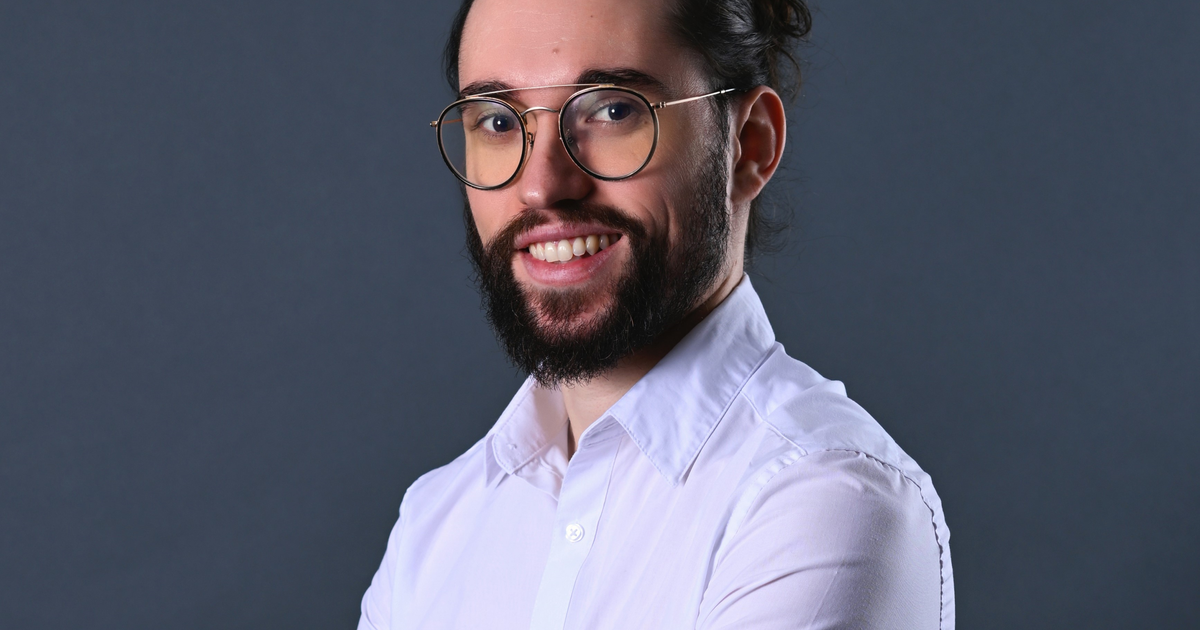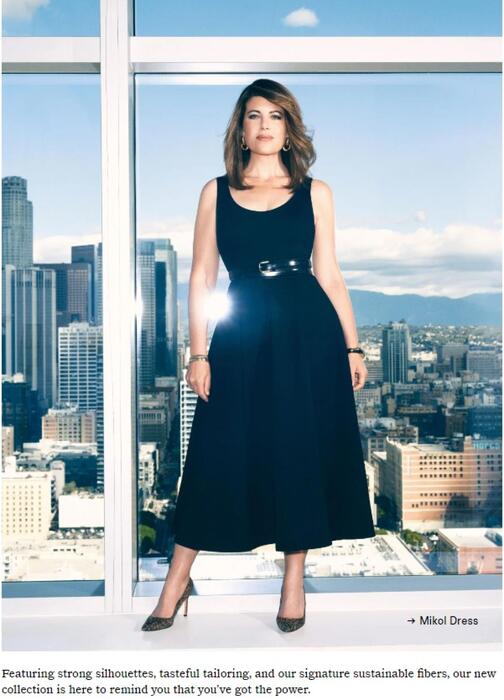The public library that ordinarily supplies my readings will remain closed during quarantine.
Seeing myself confined to my apartment has allowed me to see that, after almost seven years of exile, the house on Calle 80, its attentive references, its counters, its aromatic wood, its murmurs and its evening lights are my primary love in this city.
Consult other texts by Ibsen Martínez
Venezuela and the military plague- Rangel and the plague of La Guaira
- Maduro, the pandemic and us
Although with the books I had queuing and those of the authors I continually reread I have been able to cope without suffering any drought, my routines - Heberto Padilla's “old wandering legs” - miss the weekly journey on the L82 bus until North headquarters of the Luis Ángel Arango library where I withdraw and return volumes since I have lived in Bogotá. I also sigh for the customary hike, rain or shine, to the Lilly café in the Virrey Park, before heading back on the 544B bus.
Other readings have dispensed the blogosphere in this quarantine. Three of the most memorable for me have been a predictive essay of the planetary impact of falling oil prices, written by Daniel Yergin, the great historian of oil civilization, published in Foreign Affairs; a very elaborate and worthy neo-Keynesian argument by the unsinkable Nouriel Roubini and a remarkable essay by the Colombian thinker Carlos Granés on the global crisis of the coronavirus and the return of political reality.
What I write here, however, tries to calm the turmoil of ideas and figurations that brought with me to read in Letras Libres the disturbing story of the Mexican Juan Villoro whose title usurps this column.
I'm talking about a deep shudder caused by a meteorite that came from beyond the merely cognitive. Since April 1, when the meteorite hit the geodesic dome of my distraction, that discomfort has not left me alone. What is Patient Zero about ?
A paragraph by Villoro will partially - very partially - impose it on the reader. Looking back from the fifties of this century, it evokes events that will occur - I have no doubt - in 2030:
“For decades, China purchased and processed waste from the United States on its own territory. Social demands and health emergencies meant that they could not continue to absorb such a quantity of waste (placed side by side, they would have covered the surface of Australia). New trash space was needed, preferably near the United States. El Prócer offered the States of Michoacán, Guerrero, Jalisco, Nayarit and Colima for that purpose. The chancistas said that the Pacific coast became a dumpster for rent. But El Prócer had made his master move: Mexico needed an urgent strategy to combat organized crime. The drug cartels that dominated the area were subdued by occupation forces and a business far superior to drugs: the world's garbage. ”
The above is “context”, as the content manager of a broadcast platform for streaming television series would say. The writing, it is interesting to say, is pure Villoro, Villoro Mark IV, Villoro Electra Glide, only now - this is how this reader of fictions feels it - his words come, in addition, with the calm spell of the great stories that have made literature Latin American a master beam of the global canon, shall I also say “postcolonial”?
The plots of this futuristic and only apparently sinomexicana fiction masterfully converge at times evocative of The Garden of forking paths. Other moments of his bring the irreverent, Chekhovian air that blows in These ruins that you see , by Jorge Ibargüengoitia. And enough of compliments; Let me now outline in Mocha language part of what, surprisingly and in the most intimate way, this reading by Villoro worked on me.
It is, let's say, an account of political anticipation written by an "American intelligence"; I am using here the powerful idea that Alfonso Reyes left: an intelligence that is both Creole and cosmopolitan.
Each one of its sections, its gear wheels and its bolts extrapolates unavoidable data from the current planetary reality and I speak of the pandemic cataclysm that today questions us. That is why Villoro's story did not deviate; everything in it is sousibly plausible, it runs from facts and figures and that is what makes it so overwhelming and persuasive. So much so, that I dare to say that it does not conjecture: it only shows, mesmerizingly, what when you finish reading you know that it will be.
Consider this VSNaipaul aphorism about genres: “Non-fiction can distort; Facts can be realigned, but fiction never lies. " That is, in truth, the most mysterious and human function of literary fiction: to allow us to see far beyond the overwhelming urgency of the moment, beyond the fences of conventional wisdom of political scientists and think tanks.
A Mexico ruled by a visionary, tyrannical and manipulative populist “hero”, a Mexico turned towards 2050 into a Chinese protectorate, into a vast factory that processes waste - tangible and intangible - of capitalist globalization: “a recycling nursery”, what called the Procer. Shocking Creole foreshadowing of what the post-pandemic and post-American world can become.
You can follow EL PAÍS Opinion on Facebook, Twitter or subscribe here to the Newsletter.








/cloudfront-eu-central-1.images.arcpublishing.com/prisa/2C5HI6YHNFHDLJSBNWHOIAS2AE.jpeg)



